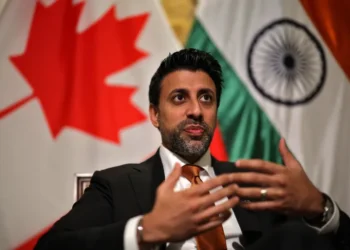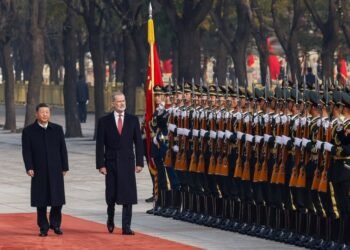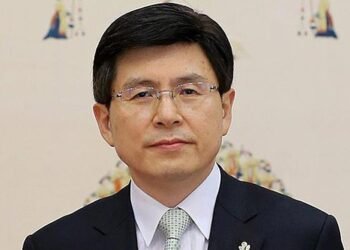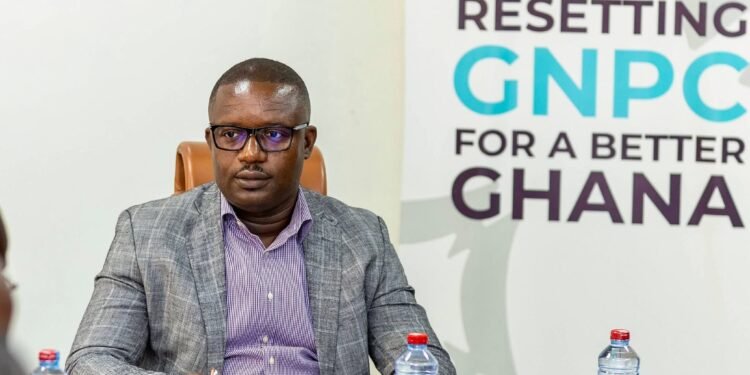Woodside Petroleum has announced an exit of its operations from Myanmar, citing deteriorating human rights situation. This makes it the third gas producer to make a decision to withdraw from the country after Total and Chevron’s decision last week.
The Australian gas producer, having operated in the country for 9 years, will now begin a formal procedure to exit the exploration assets it holds with state-owned Myanma Oil and Gas Entreprise and other entities including China National Petroleum Corporation and TotalEnergies among others.
Prior to this mention, Woodside had announced in 2021 that it was placing all Myanmar business decisions under review in line with the State of Emergency declared in February 2021.
In the course of the past year, Woodside completed the relinquishment of exploration permits covering 3 of its oil blocks offshore (AD-2, AD-5 and A-4) and is in the process of withdrawing from another three of its Blocks (AD-6, AD-7 and A-7).
In the press release, Woodside said it is now focusing on making arrangements to formally exit three of its blocks (AD-1 and AD-8, the A-6) Joint Venture and the A-6 production sharing contract (PSC) held with the Myanma Oil and Gas Enterprise (MOGE).
Withdrawal to Hurt Company Profits
Woodside highlighted that a non-cash expense associated with the withdrawal would hurt its fiscal 2021 net profit after tax by about US$138 million, in addition to the US$71 million exploration expense for one of the oil blocks in Myanmar it had flagged earlier.
Woodside CEO Meg O’Neill said while Woodside had hoped to develop the A-6 gas resources with its joint venture participants and deliver much-needed energy to the Myanmar people, there was no longer a viable option for Woodside to continue its activities.
“Woodside has been a responsible foreign investor in Myanmar since 2013 with our conduct guided by the UN Guiding Principles on Business and Human Rights and other relevant international standards.
“Given the ongoing situation in Myanmar we can no longer contemplate Woodside’s participation in the development of the A-6 gas resources, nor other future activities in-country.”
Meg O’Neill, Woodside CEO
According to the release, Woodside controls 40 per cent of participating interest in the A-6 joint operator and participating interests in exploration permits AD-1 and AD-8.
Companies Operating in Myanmar to be Hurt by Tighter Sanctions
In comparison, France’s TotalEnergies and Chevron upon announcing their exit, indicated that they had come under increasing pressure over their roles in running an offshore gas field, along with state-owned Myanma Oil and Gas Enterprise (MOGE) and Thailand’s PTT Exploration & Production.
TotalEnergies held majority stake in the venture and run its daily operations, while MOGE collected revenues on behalf of the government.
While these series of exits appeal to the call by human rights groups for these withdrawals earlier, they, however, cautioned that the divestment of foreign companies will not necessarily cut off funding to the military administration.
Rather, further action is key since MOGE remains a major part of such operations and Thailand’s government has not backed sanctions against the military.
About 50 per cent of Myanmar’s foreign currency comes from natural gas revenues, with MOGE expected to earn $1.5 billion from offshore and pipeline projects in 2021-2022, according to a Myanmar government forecast. Prior rounds of U.S. and European sanctions against the Myanmar military have excluded oil and gas.
Already, various companies operating in Myanmar have been exiting upon fears of tighter sanctions to be imposed on the country beyond the targeted ones imposed by the U.S. and other Western countries after the coup.
This has telling effects on companies operating in Myanmar as it may elevate risks of doing business with these companies even if they are privately-owned and do not in any way have any affiliations with the state.
READ ALSO: E-Levy: Reduce Illicit Financial Flows to Raise More Revenue- Researcher























